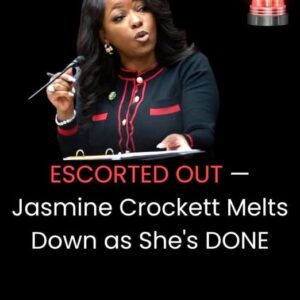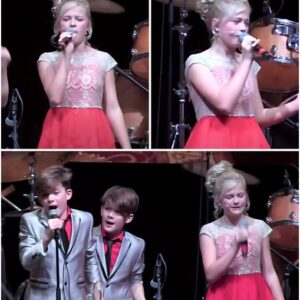The Hollywood Bowl, an open-air amphitheater nestled in the hills of Los Angeles, has been the site of countless legendary musical moments. But on one recent night, the air seemed to crackle with an energy that felt different, more intense, more theatrical. The occasion was a tribute to the timeless power of classic rock musicals, and the stage was set for a performance that would not only honor a masterpiece but redefine it. The artist was Adam Lambert, and the song was “Damned For All Time/Blood Money” from the iconic rock opera Jesus Christ Superstar.
:max_bytes(150000):strip_icc():focal(749x0:751x2):format(webp)/Adam-Lambert-and-Cynthia-Erivo6_11252019-5d7fd919b97042519e39873df9976aab.jpg)
This was not a song for the faint of heart. The classic rock anthem, a furious and tormented confession from the perspective of Judas Iscariot, is a tour de force of vocal demands and dramatic weight. It’s a piece of music that requires not just a powerful voice, but a performer who can fully inhabit the role of a man torn between love and betrayal, a soul grappling with a destiny he feels is not his own. The song is fierce, it is intense, and in the hands of a lesser artist, it could fall flat. But in the hands of Adam Lambert, it became a moment so epic, so goosebump-inducing, that it set the Hollywood Bowl on fire.
From the very first note, Lambert’s command of the stage was absolute. He began with a quiet, almost menacing delivery, his voice a low growl that built the tension in the massive amphitheater. He was no longer just Adam Lambert; he was Judas, a man filled with a desperate fury and a profound sadness. As the song moved into the famous, soaring chorus, Lambert’s voice unleashed a torrent of power and control. He hit the impossibly high notes with a fierce, effortless precision that was both chilling and beautiful. His voice was a live wire, full of a raw, vibrant energy that was perfect for the song’s dramatic arc.

But it was not just his vocal prowess that made the performance so unforgettable. It was his theatricality, his ability to convey the song’s immense emotional weight with every gesture, every expression. He used his body to tell the story, his hands clenched into fists, his face a mask of tormented passion. The stage lights flared, the music swelled, and his performance became a physical manifestation of the song’s furious, desperate energy. This was not a concert; it was a musical, a moment of pure, unadulterated drama that was both fierce and magnificent.
The audience, a sea of faces illuminated by the stage lights, was completely mesmerized. There was a palpable sense of collective awe, a shared experience of watching a master at the peak of his craft. As the song reached its stunning conclusion, a final, powerful shriek that was both a cry of triumph and a wail of despair, the audience erupted. The applause was thunderous, a standing ovation that was not just for a good performance, but for a piece of art that had been brought to life in the most spectacular way imaginable.
The performance of “Damned For All Time/Blood Money” was a perfect marriage of singer and song. Adam Lambert’s unique blend of classic rock bravado and theatrical skill makes him the ideal artist for this kind of material. He proved, once again, that he is not just a pop star, but a world-class rock vocalist who can take a classic and make it feel alive, fierce, and dramatic. It was a moment that showed the world what happens when a brilliant artist meets a brilliant song, and the result was nothing short of epic.




